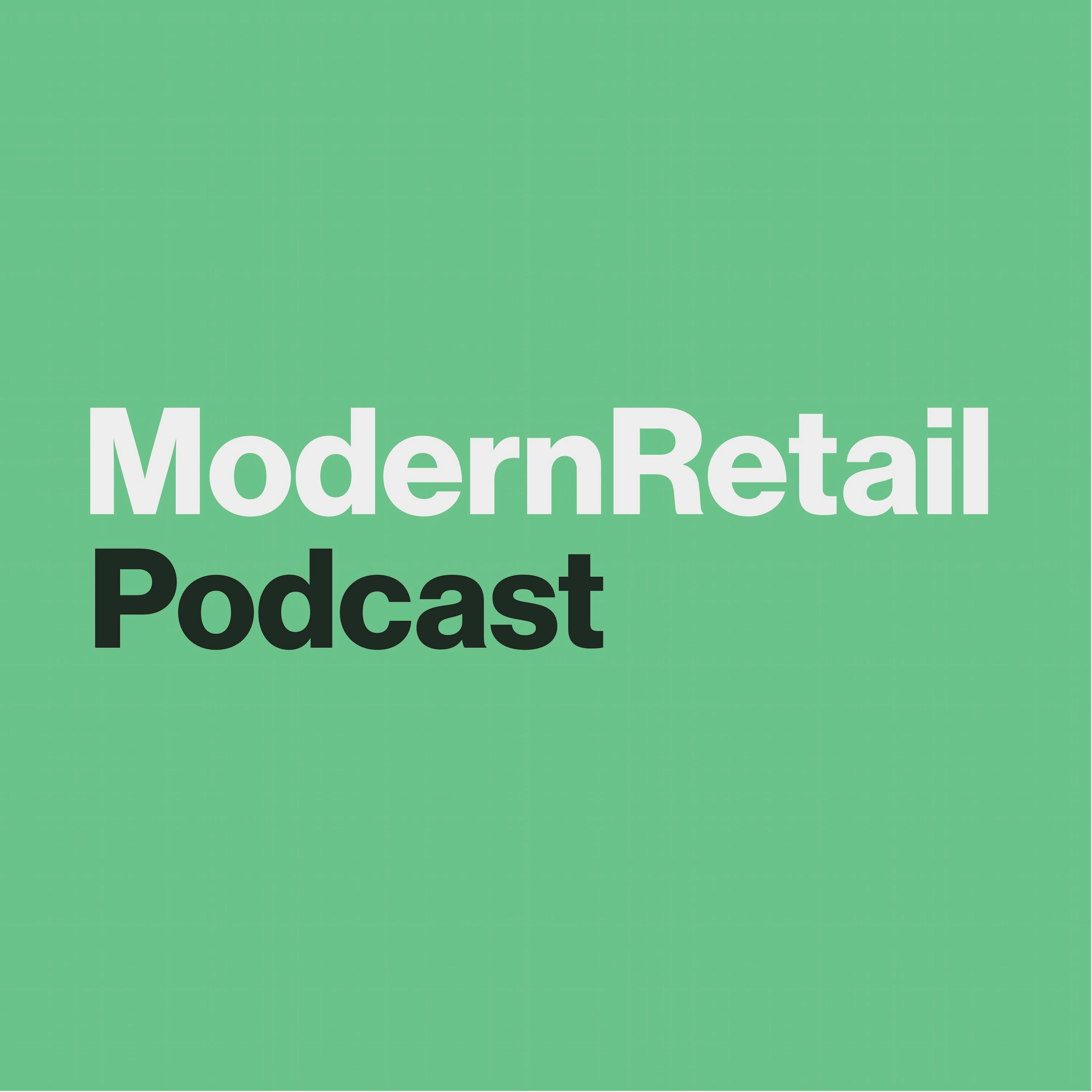We can't find the internet
Attempting to reconnect
Something went wrong!
Attempting to reconnect
'We're getting an absurd amount of people': Neighborhood Goods CEO Matt Alexander on the return of physical retail

Access AI content by logging in
Things got scary for Neighborhood Goods in 2020.
"We went through layoffs and furloughs -- all sorts of challenging things," said co-founder and CEO Matt Alexander. "And we had just come into the year on a real tear, and it was just really gut-wrenching to suddenly be in that moment."
But business has returned, and his updated department store model -- which has retail space in city centers like Manhattan, Austin and Plano and hosts a variety of brands in exchange for a revenue share -- is doing numbers once again. "Sales continue to grow and we continue to add more brands," Alexander said on the Modern Retail Podcast.
Alexander joined Modern Retail for a live podcast recording at his New York City store in Chelsea Market during Digiday Media's Commerce Week. There, he spoke about changes to the business and how he's preparing for the future.
While sales obviously dropped during the pandemic -- and the company had to close all of its stores for an extended period of time -- Neighborhood Goods was able to see some glimmers of light via its digital services. "Our stores are ostensibly their own warehouses. Local delivery, same-day deliveries, in-store pickup, things of that nature, we were able to offer that for products that were otherwise going to take weeks -- if not months -- to arrive with customers," he said. "And so that actually became a real driver for us."
But now, digital is no longer the focus -- it's all about the store. Traffic, Alexander said, has picked back up to pre-pandemic levels and stores are more productive than ever before. In fact, he said the real issue he faces is too much traffic. "We're just getting an absurd amount of people to the point that it creates like a lot of challenges as to how you operate with it," Alexander said.
Still, it's a good problem to have. Now, the focus is on growth. That could mean more stores, though Alexander he's still trying to figure out where that may be. It could be California, Atlanta, Nashville or even a smaller suburb, he said.
But he's optimistic about the future of his business -- as well as the state of physical retail itself. "At the end of the day, the fundamental picture continues to improve," he said.
